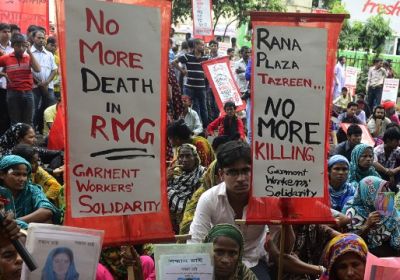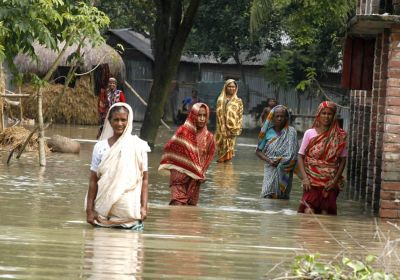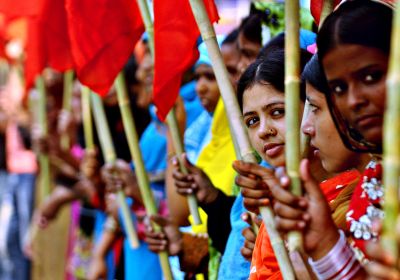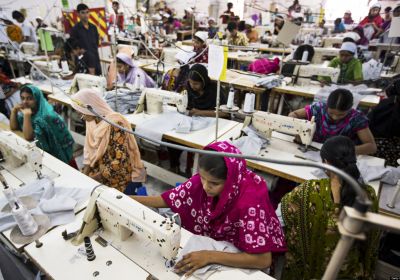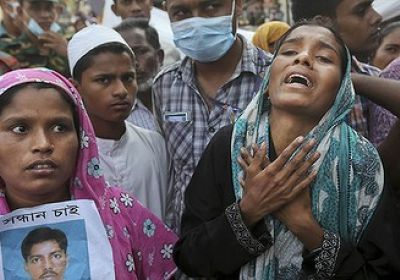
Fadang Randal is a representative of the United People's Party of the Chittagong Hill Tracts (Parbatya Chattagram Jana Samhati Samiti — PCJSS), who visited Australia in September. He spoke to Green Left Weekly's Tony Iltis
* * *
The PCJSS is working for the social and political rights of the indigenous people of the Chittagong Hill Tracts.
We are very much concerned now with the Chittagong Hill Tracts Accord — a treaty signed in 1997 between the government and the PCJSS.
